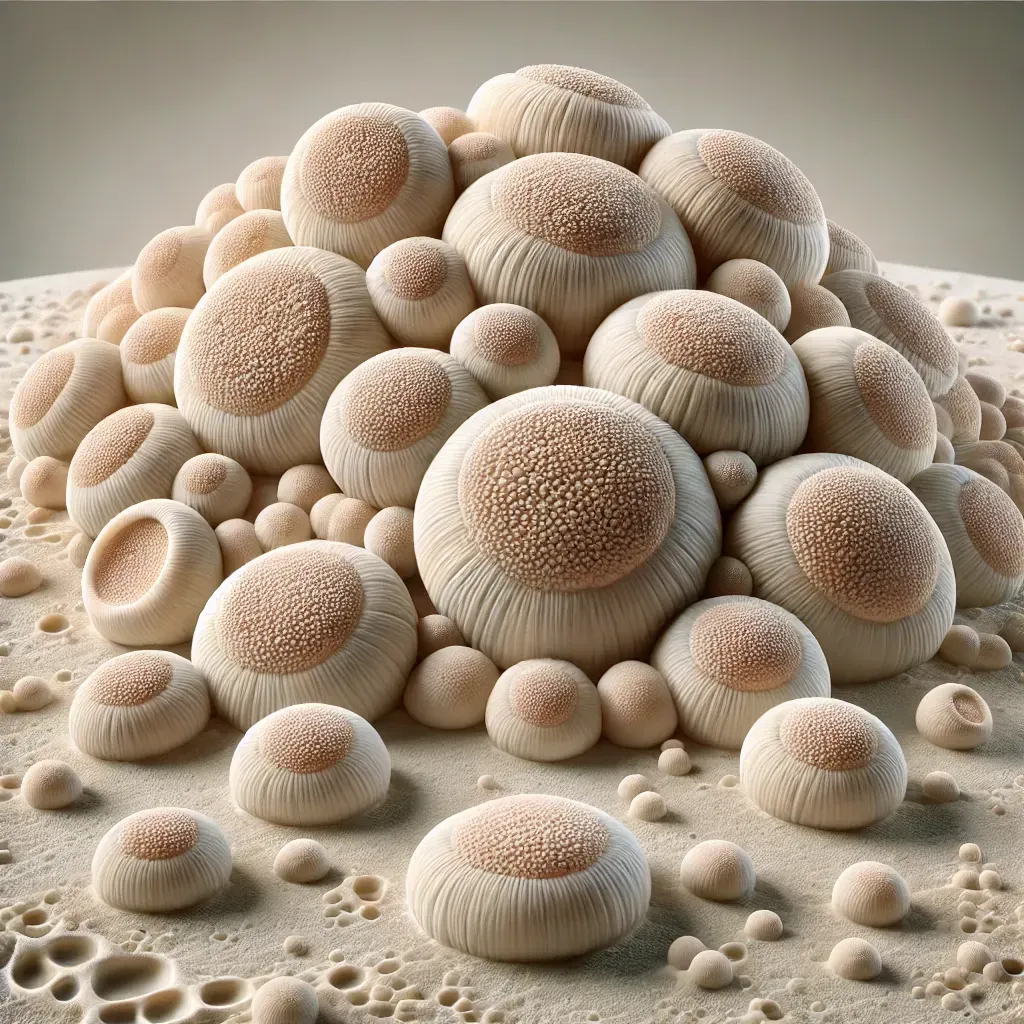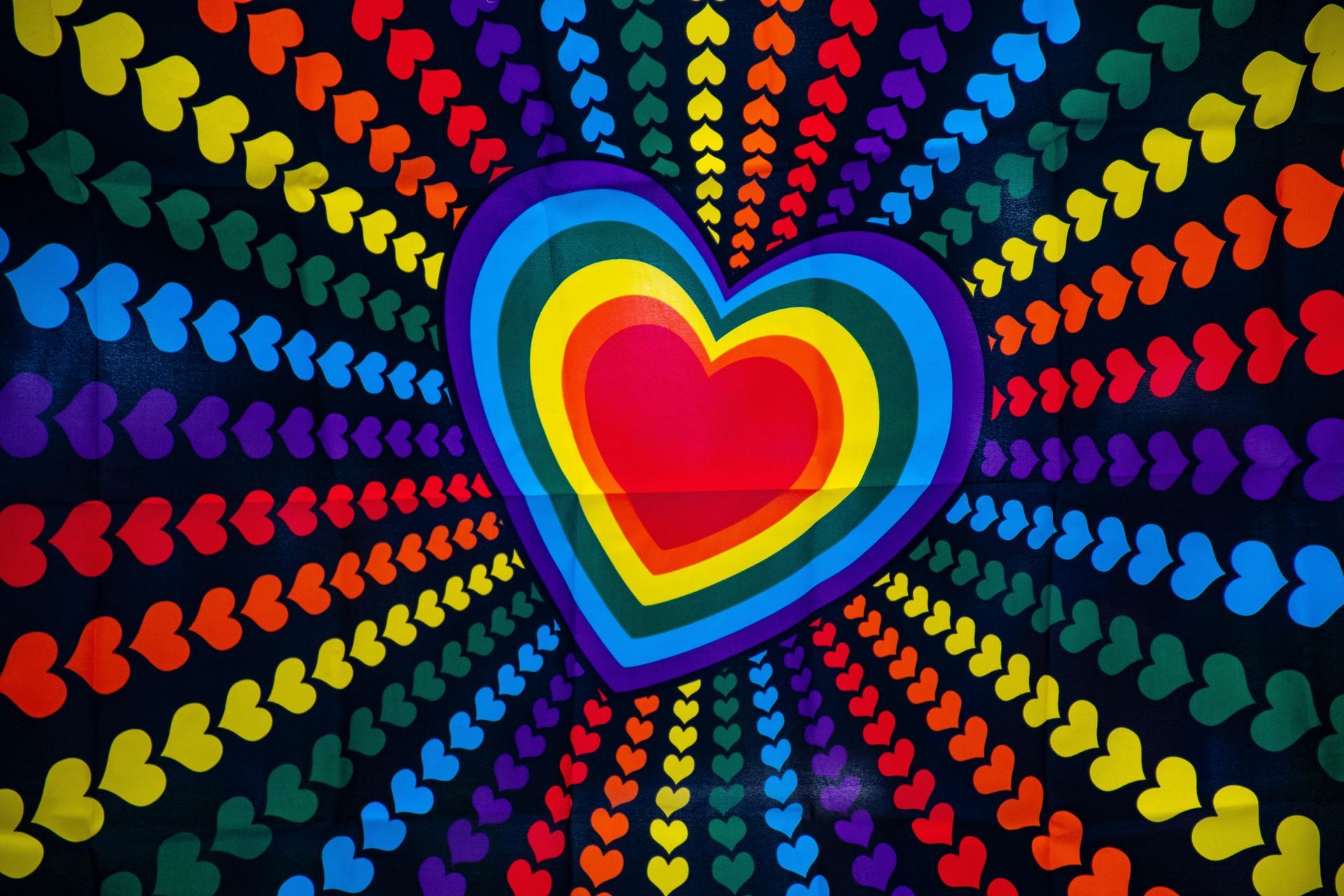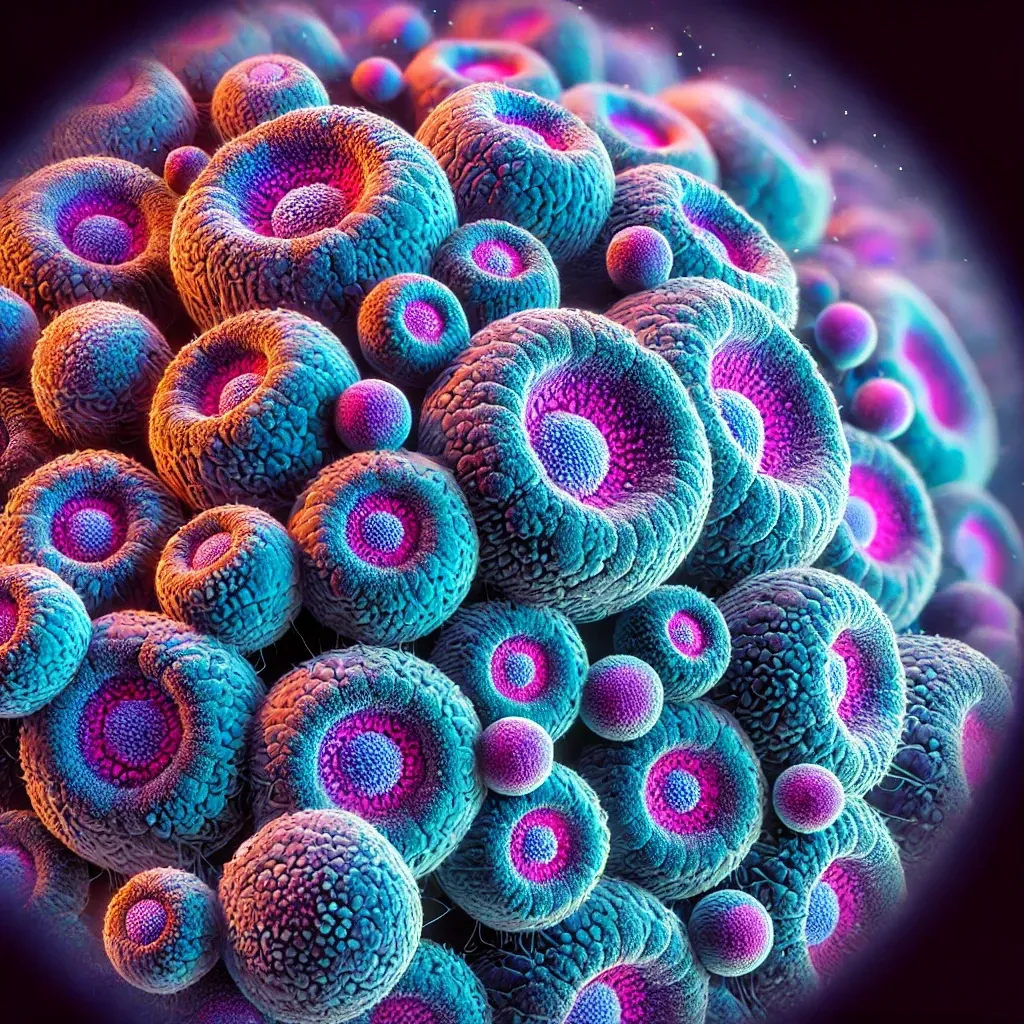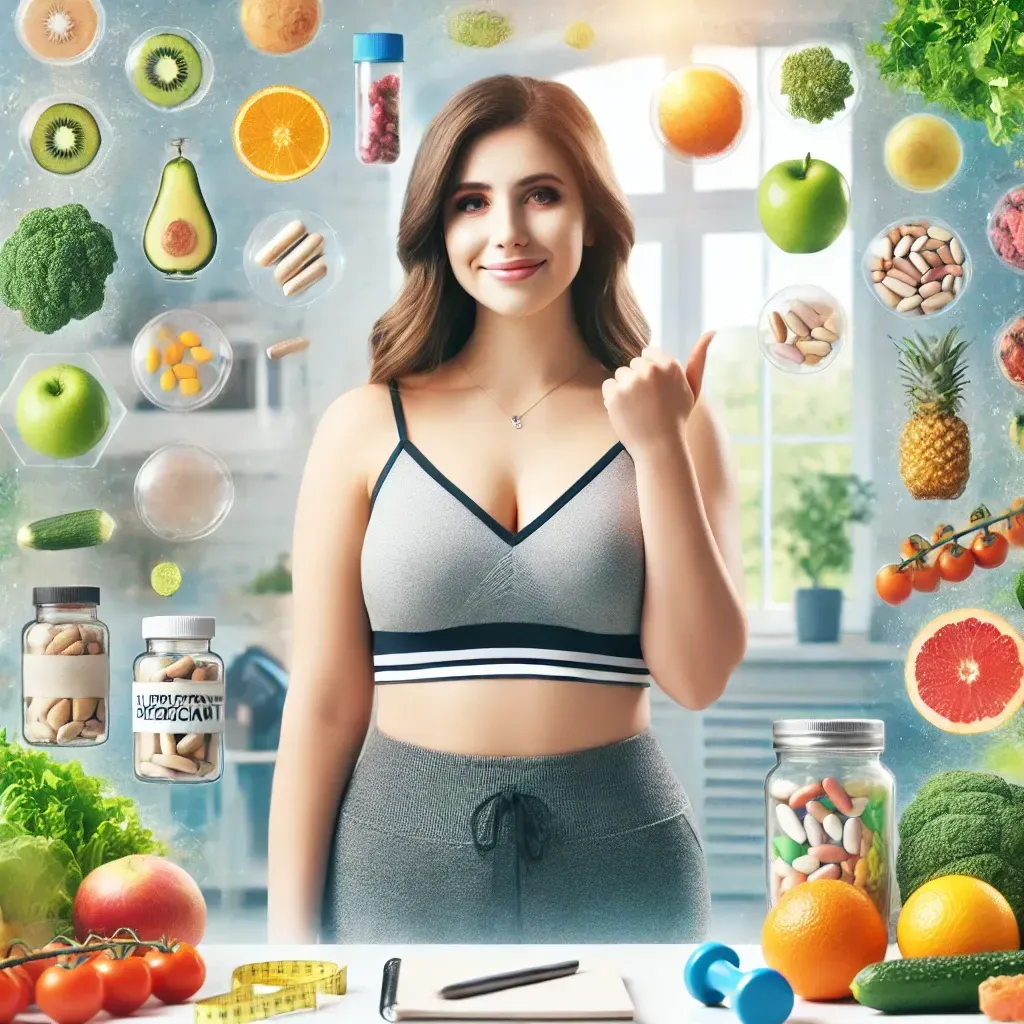For Exclusive Offers, Events and Resources, Join the VIP list!
The Psychology Behind Cravings: What’s Really Going On?
Food Cravings Explained: The Hidden Causes of Sugar, Salt, and Carb Cravings (and How to Take Control)
You’ve had a long, stressful day. You’re not even that hungry, but suddenly, you need something sweet, salty, or crunchy. You know it’s not about actual hunger, but you feel powerless to resist. Sound familiar?
Cravings aren’t just about willpower—or lack of it. They’re deeply tied to your brain, hormones, emotions, and past experiences. So, if you’ve ever wondered why you crave certain foods (or why cravings hit at the worst times), let’s break it down.
1. The Brain Chemistry of Cravings
Your brain is wired for survival. Thousands of years ago, quick energy (like sweet, carb-heavy foods) meant fuel for survival. Today, that same instinct kicks in—not because we’re starving, but because our brains associate certain foods with comfort and quick relief.
When you eat something sugary or carb-rich, your dopamine levels spike—this is the “feel-good” neurotransmitter that reinforces behaviors. The more often you reach for sweets when stressed, the stronger that habit loop becomes.
Craving sugar after dinner? That might be a dopamine-driven habit, not real hunger.
2. Stress, Cortisol & Emotional Eating
Your adrenal glands release cortisol in response to stress. And guess what cortisol does? It increases cravings for high-carb, high-fat foods because your body thinks you need quick energy to "escape" the stressor.
Ever wonder why you crave junk food after a hard day? That’s your stress response in action.
👉 The fix: Instead of automatically reaching for food, pause and check in with yourself. Is this real hunger, or is it emotional? Deep breathing, a short walk, or even a glass of water can disrupt the stress-craving cycle.
3. Nutrient Deficiencies & Cravings
Your body is incredibly intelligent. Sometimes cravings signal a real nutrient deficiency:
- Chocolate cravings? You might be low in magnesium.
- Salty food cravings? You could be dehydrated or need more minerals.
- Sugar cravings? Blood sugar imbalance or gut dysbiosis could be at play.
If your cravings are relentless, it’s worth looking at your overall nutrient intake rather than just blaming lack of willpower.
4. The Gut-Brain Connection & Food Addictions
Your gut bacteria influence what you crave. Bad gut bacteria thrive on sugar, so if your microbiome is out of balance, it can literally make you crave sugar to keep itself alive.
Signs this might be happening:
✔ Constant sugar cravings
✔ Bloating and digestive issues
✔ Fatigue after eating
A gut-healing approach (probiotics, fiber-rich foods, reducing processed sugar) can help reduce these signals over time.
5. The Restriction-Rebellion Cycle
Ever notice how the moment you tell yourself you “can’t” have something, you want it even more? That’s psychological reactance—the brain’s way of rebelling against restriction.
If you’ve ever gone on a strict diet and found yourself obsessing over foods you "can’t have," you know exactly what this feels like. This is why extreme dieting often leads to bingeing.
👉 The fix: Instead of labeling foods “good” or “bad,” focus on nourishment. The more you fuel your body with real, whole foods, the fewer intense cravings you’ll have.
How to Take Back Control of Cravings
Cravings don’t mean you’re weak—they’re messages from your body and brain. Instead of fighting them, try these steps:
1️⃣
Pause & check in – Are you truly hungry, or is this stress, boredom, or habit?
2️⃣
Balance your meals – Prioritize protein, healthy fats, and fiber to prevent blood sugar crashes.
3️⃣
Support your gut – A healthy gut means fewer sugar-driven cravings.
4️⃣
Hydrate & mineralize – Sometimes cravings are just dehydration or mineral depletion.
5️⃣
Manage stress – More relaxation = fewer cortisol-induced cravings.
Food cravings are normal, but when they feel out of control, there’s usually an underlying imbalance driving them. The good news? Once you understand what’s really happening, you can shift from feeling powerless to taking back control.
What’s your biggest struggle with cravings? Drop a comment below—I’d love to hear your experience! 👇
And if you want more deep dives on food psychology, gut health, and balanced nutrition, follow me on IG & FB for daily insights. 💛
Don't Miss Out!
Heidi Toy Functional Medicine Blog

Contact Us
Send Us A Message
We will get back to you as soon as possible.
Please try again later.



















































































